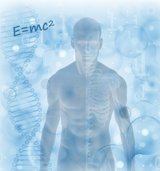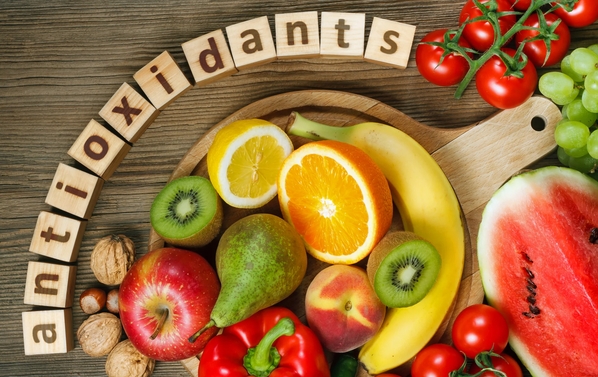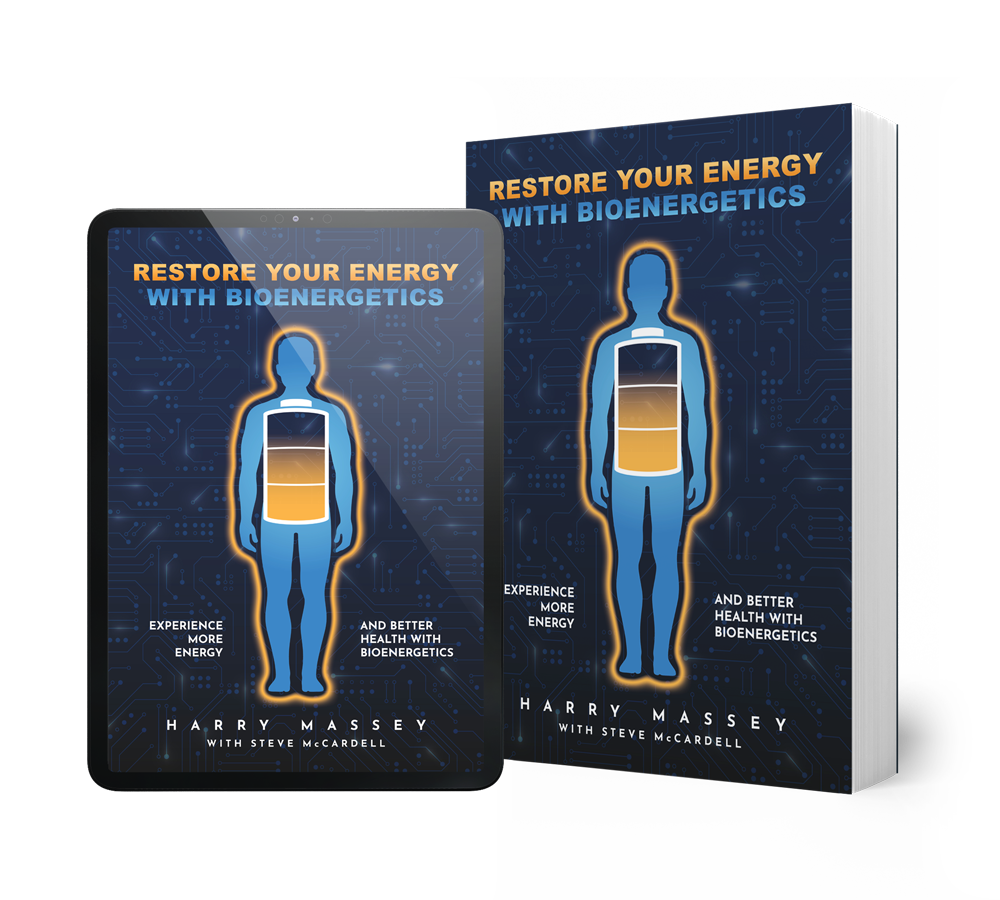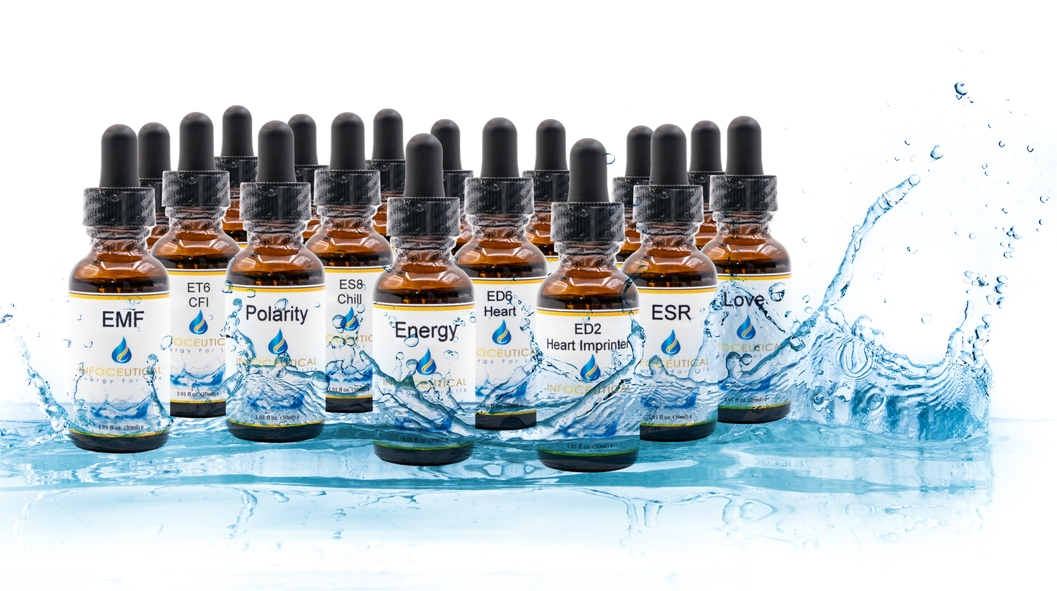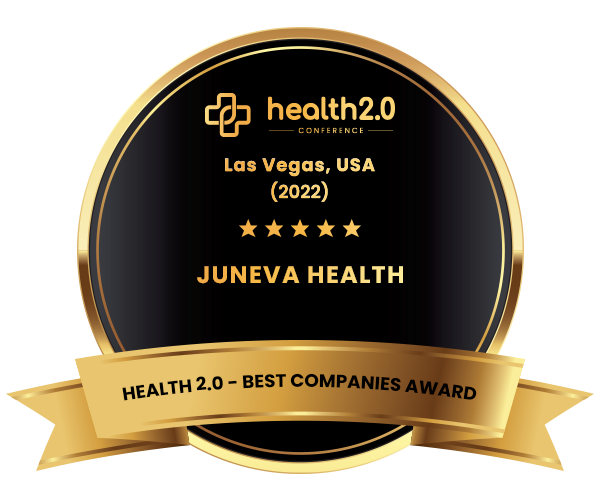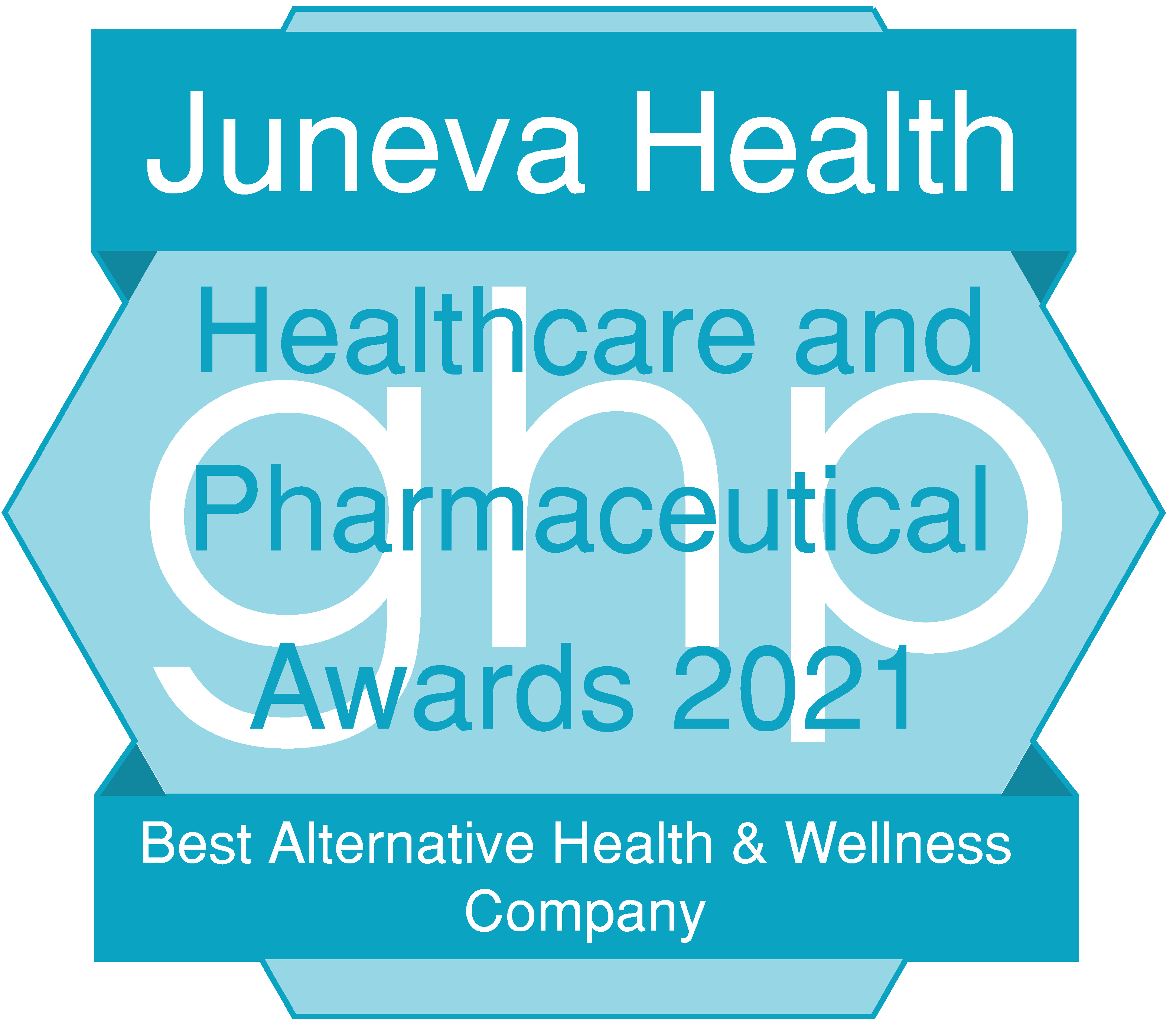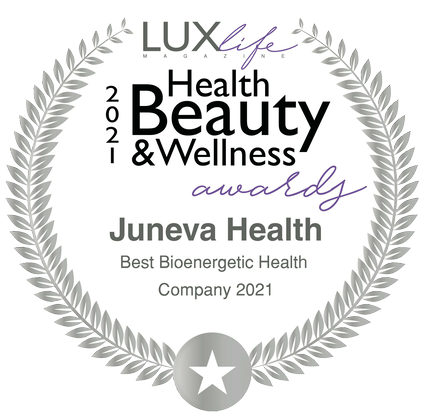Health and Wellness
Can Antioxidants Harm You?
Conventional wisdom says you need to load up on antioxidants, right!?
You may have read a few articles, heard your friends talk about the wonders of resveratrol and funny-sounding fruits and vegetables.
But you’re more likely to have come across the hidden jewels of the rainforest or secret fruits from the past thanks to the marketing efforts of some very hard-working people.
Or it could be that you’re stocking up on some more well-known antioxidants like vitamin C, E, and zinc. Your reasoning might be you want some support for your immune system, but that reasoning might not be as sound as you think.
The Antioxidant Trap
There was a point in time when antioxidants were given different levels. It was the ORAC scale, or Oxygen Radical Absorbance Capacity.
Colorful bars were spread with blueberries and acai leading the pack. Then turmeric and curcumin showed up and many of the antioxidant powerhouses you’re familiar with today.
In 2012, ORAC charts suddenly disappeared from the USDA site. For good reason.
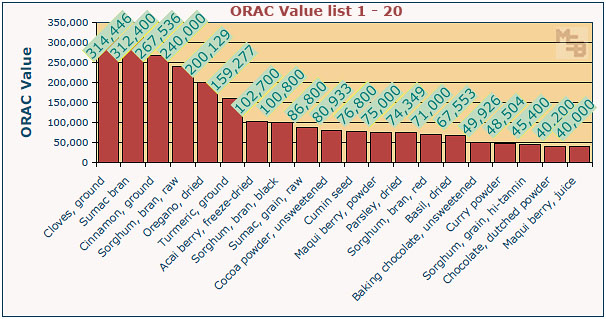
The so-called super free radical quenching superpowers of foods could not be proven in the human body (in vivo).
Science shows they work in test-tubes (in vitro), but antioxidants aren’t able to last long enough in the body to do much good, if any. That knowledge killed the entire ORAC chart and the USDA’s confidence in it.
For you, this means
the so-called super antioxidants won’t make much of a difference, if any.
Yet supplement companies and marketing moguls still proclaim the potential of antioxidants.
Now, this isn’t to say antioxidants are bad, just that you’re unlikely to see any benefit from taking a supplement!!
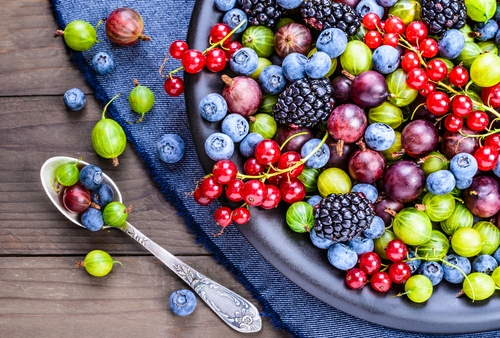
What's an Antioxidant, really?
There’s a reason the fruits and vegetables you’re not familiar with are said to have the best antioxidants -- or the rarest forms.
Antioxidants form the defense mechanisms of plants. Generally speaking, the harsher the environment, the more powerful the antioxidant has to be.
UV rays, photosynthesis, even the need to protect themselves against microbes and herbivores cause plants to produce antioxidants.
The higher the stress level, the more plants have to compensate by making more antioxidants -- like in periods of drought or plants that are exposed to higher levels of UV rays. In direct response, plants increase their production of polyphenols and flavonoids.
Plants also produce phenolics in order to deter animals (and people) from eating them. They almost act like a tiny bit of poison.
In a nutshell, antioxidants are part of the plant’s primary self-defense system.
The “Benefits” of Antioxidants
Your body produces free radicals as part of its everyday processes, including metabolizing food. In this manner, you’re not too different from a plant. However, unlike plants, you produce free radicals when you exercise.
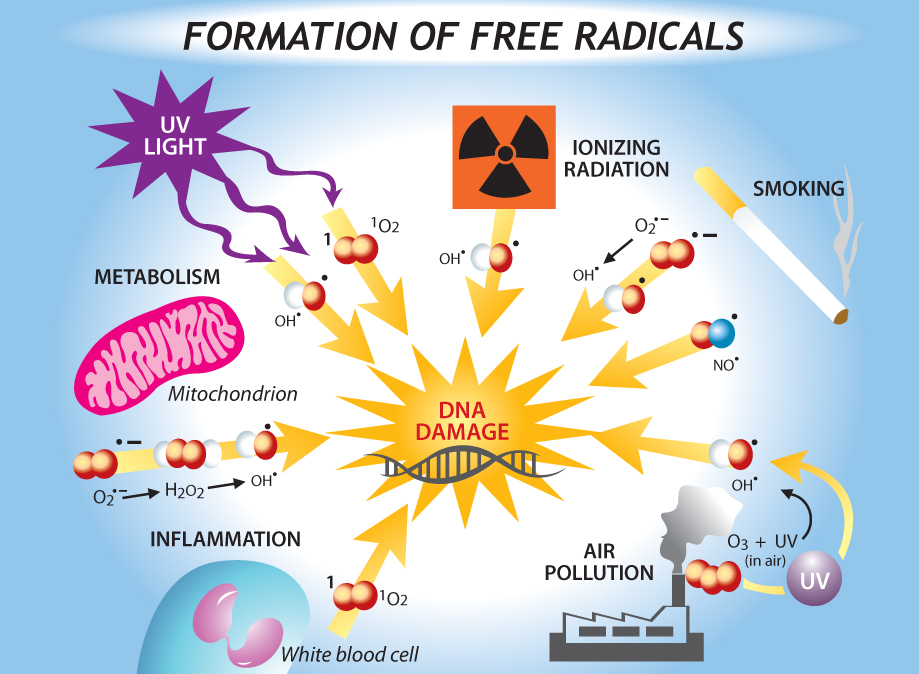
You need antioxidants to be able to deal with these free radicals. Generally, your body readily supplies enough unless you’re…
- Smoking
- Over-exercising
- Breathing in toxins and pollutants
That means if you live anywhere near a city, your body likely has more free radicals than normal. These free radicals can run amok in your body and drive your immune system into a corner.
You can obtain antioxidants from the food you eat. Through much research, it’s been found that the darker fruits and vegetables usually have more potent antioxidants.
Let’s go back to plants. In a more relevant fashion to you, they are produced in greater quantities in times of stress or in anticipation of stress (i.e. being eaten).
When you eat plants or take an antioxidant supplement, you’re ingesting the plant’s defense system. With phenols, specifically, you’re eating something that is supposed to be mildly poisonous to herbivores, or at least, should act as a deterrent.
It’s in this manner the antioxidants from plants prove to be the most useful -- when only providing a small amount.
After all, it has been shown that a low level of free radicals can help the mitochondria be more active and produce cellular energy!
However, when you start taking large amounts of antioxidants, you begin to lose the beneficial effects.
When To Take Antioxidants?
It’s time to take a critical look at why you’re taking antioxidants. Or, if you’re not taking them currently, why you would want to.
Vitamin C and zinc are the most sought-after supplements for immune system support. Studies and anecdotal accounts are abundant about their benefits.
Both have been indicted for relatively minor side effects when you take too much. Vitamin C, for instance, has the unfortunate ability to cause diarrhea after taking just 1,000 mg of oral vitamin C at one time. However, most people are able to avoid this by taking 250 mg four times throughout the day.
Zinc, on the other hand, has been found to cause loss of smell -- which can be particularly troubling when attempting to figure out if your immune health is less-than-optimal or not.
If you’ve been taking an antioxidant supplement while you’ve been working on increasing your physical endurance or muscle strength, you’ve been hampering your efforts.
One study showed Vitamin C, in particular, prevented the body from adapting as it would normally. Others have shown that antioxidants prevent muscle growth.
You see, free radicals are part of your body’s natural immune response. When you take more antioxidants than necessary, you don’t allow your body to feel stress and adapt to it. Instead, you destroy any benefits you might get from exercising.
So, the real answer is there’s simply no need to take an antioxidant supplement.
By focusing on eating plenty of fruits and vegetables, you’ll provide your body with the correct nutrients to build the antioxidants your body uses to control free radicals -- just like plants do.
There's a Better Way to Support Your Immune System
The human body has everything it needs to be successful in everything it does. Unfortunately, it’s also prone to forgetting it has all the tools it needs to keep you healthy.
The blueprints are locked within the water of your body. This type of water, structured water, surrounds your DNA, and has the required bio-information to build and maintain a healthy immune system. We go into much more detail about energy for life in the free e-book 'Restore Your Energy With Bioenergetics'.
That said, there are many reasons your body may have “forgotten” how to do properly maintain your immune system. It may have issues communicating due to toxins, too much sugar, daily stress, and a multitude of other factors.
Whatever the case,
providing your body with this critical bio-information can support your immune system and keep you healthy.
We call them Infoceuticals, drops of structured water imprinted with critical bio-information so that your body can do what it does best.
[1] https://www.sciencedirect.com/topics/food-science/oxygen-radical-absorbance-capacity.
[2] https://www.ncbi.nlm.nih.gov/pmc/articles/PMC3249911/.
[3] https://www.ncbi.nlm.nih.gov/pmc/articles/PMC4495415/.
[4] https://www.sciencedirect.com/science/article/pii/S0531556510001282.
[5] https://www.ncbi.nlm.nih.gov/pmc/articles/PMC2952083/.
[6] https://www.ncbi.nlm.nih.gov/pmc/articles/PMC6413849/.
[7] https://www.health.harvard.edu/staying-healthy/understanding-antioxidants.
Body-Field Scan
Ready to find out what's impacting your energy levels by using our bioenergetic scanning technology. Check out your body’s energy with a Body-Field scan and gain deeper insight into your holographic self with our certified Bioenergetic Practitioner. For an In-Clinic visit click here, or, for a Telehealth (remote) session click here.
We offer a completely new, alternative and bioenergetic healthcare approach based on 21st century science, technology and quantum physics with personalized, holistic therapy solutions such as, our unique BioScalar Infusion℠ therapy, NES body-field scan technology, miHealth biofeedback, PEMF, Rife and Vibroacoustic (VAT) therapies that can restore optimal health and well-being throughout the body, mind and spirit in the most natural way. Let us help you restore your health and energy!



